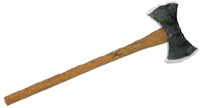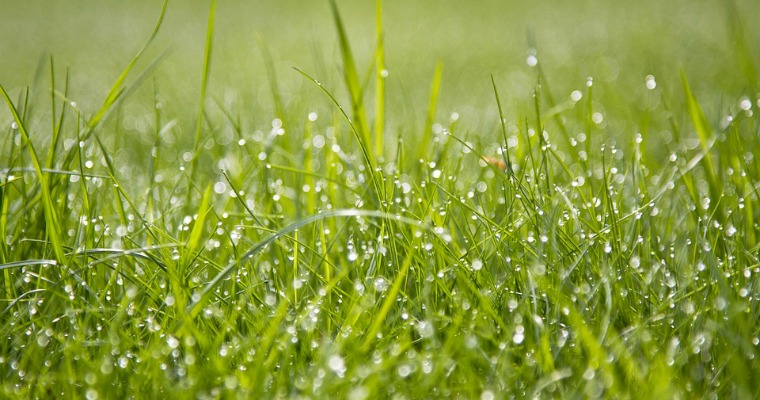A lush green lawn speaks volume about your home’s curb appeal. It offers a clean, uniform appearance that enhances your home’s exterior.
But if you have a cool-season grass – creeping bentgrass, fescue, Kentucky bluegrass, ryegrass, etc. – you should familiarize yourself with ring spot disease.
Also known as turf necrotic ring spot, it’s a common fungal disease that affects cool-season grasses.
What Is Ring Spot Disease
Ring spot disease is a fungal disease caused by the pathogen Ophiosphaerella korrae. After infecting the roots, the pathogen begins to slowly destroy and kill the otherwise healthy grass.
As this occurs, you may discover symptoms such as circular patches in which the grass is dead or dying. These patches are typically small, measuring just 5 to 10 cm wide. In severe cases, though, they can be as large as 1 meter wide.
Don’t Overwater Your Lawn
Watering your lawn is essential to creating green, healthy grass, but you should use caution not to overdo it. Like other fungal diseases, ring spot disease is more likely to occur in heavily saturated lawns.
The excess water creates the perfect breeding grounds for ring spot disease. Therefore, you should only water your lawn when it’s dry.
If you’re currently experiencing a drought in your area, go ahead and water your lawn. But if it’s rained within the past week, let Mother Nature hydrate your lawn.
Rake and Remove Lawn Debris
You should also rake and remove any debris on your lawn. Whether it’s branches, leaves or grass clippings, organic debris such as this acts as “food” for ring spot disease. The fungal pathogen will consume this debris as it grows and spreads.
To prevent this from happening, you must keep your lawn clean and well manicured. If you see a layer of leaves or pine straw covering your lawn, pull out the rake or leaf blower to remove it.
Apply Fungicide
For maximum protection against ring spot disease, it’s recommended that you apply a fungicide product.
Colorado State University recommends hiring a professional landscaping company to apply either a liquid or granular fungicide to protect against ring spot disease.
Fungicides are designed specifically to kill and prevent fungi, making them highly effective at protecting against this otherwise common lawn disease.
Don’t let ring spot disease turn your lawn into a brown, barren landscape. Follow these tips to protect it from this and other fungal diseases.
The Woodsman Company offers tree planting, tree pruning and shrub trimming, tree removal and stump grinding as well as a tree wellness program.
If we can help with any of your tree care needs give us a call at 512-846-2535 or 512-940-0799 or

